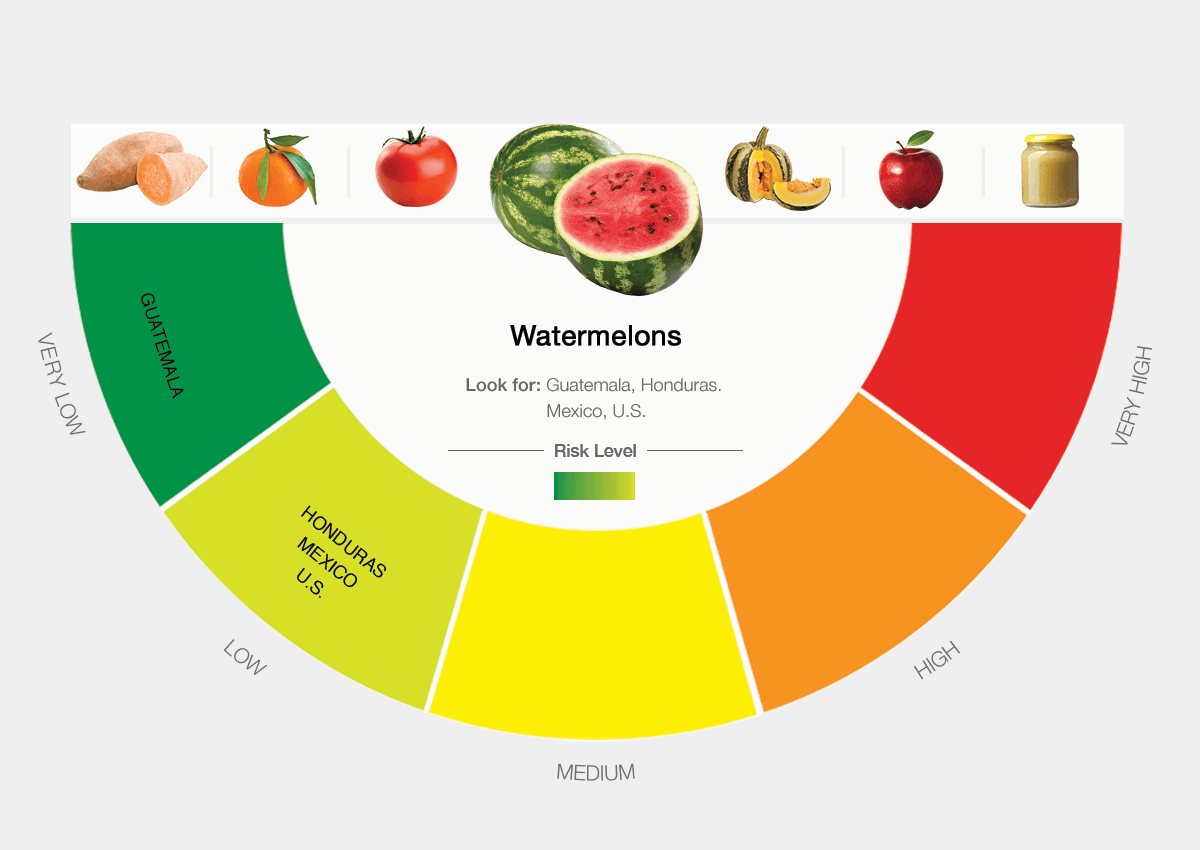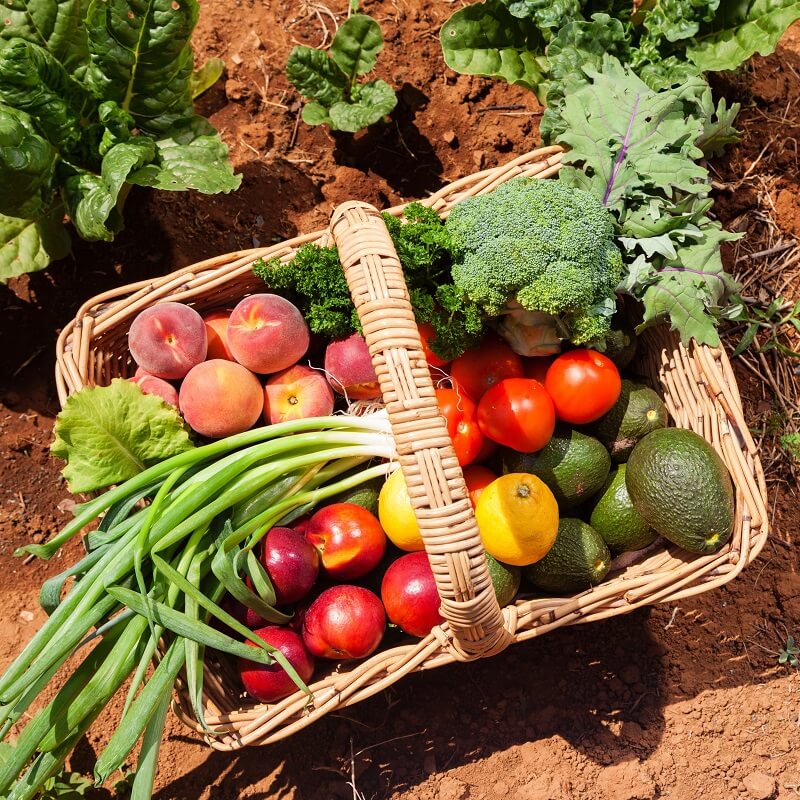A new study, whose findings suggest that fruits and vegetables sold in Europe contain a high level of toxic pesticide residues, is a wakeup call to sub-Saharan Africa and to Tanzania in particular. Some international media outlets refer to this high level of toxicity as a “shocking rise in toxic pesticides”.
These toxic residues are defined by the European Commission as “more dangerous” and are linked to chronic non-communicable diseases such as cancer, cardiovascular problems or diabetes.

According to analysis based on 97,170 popular fruit and 113,431 popular vegetable samples by Pesticide Action Network (PAN) Europe, there had been a 53-per cent rise in contaminated fruits and vegetables between 2011 and 2019 in Europe.
The 2020 EU Farm to Fork Strategy states that the use of most hazardous pesticides should be halved by 2030 in the EU and the European Commission reports a 12-per cent reduction in 2019 compared to 2015-2017, PAN Europe report says.
Yet, “[the] report and its primary conclusion contradict official claims that toxic pesticides use is declining and that food residue levels are under control,” reads part of the report, whose contents of publication are acknowledged to be the sole responsibility of PAN Europe and do not necessarily reflect the opinion of the European Union
As I was reading this report I thought of the fruits and vegetables grown on our farms and in gardens and sold at our local markets. Then, I asked myself whether they were all free from toxic pesticide residues and if not, what that implied for our health.
Furthermore, I asked myself if what is reported can happen in Europe where farmers and gardeners have the technology, equipment, money and expertise to minimise environmental and health risks, how about our small-scale farmers who may not even know the right pesticides to use, the quantity required for spraying and may not adhere to a withholding period between spray and harvest, sale or use
The bottom line is that what is said about the “shocking rise in toxic pesticides” in Europe should inform our small-scale farmers to minimise environmental and health risks when farming or gardening. In my opinion, fruit and vegetable growers should be helped to strictly adhere to safe application or handling of pesticides and other chemicals and to a recommended withholding period between pesticide spray and harvest, sale or use of fresh produce.
In practice, a fruit or vegetable grower is required to indicate when a particular crop was sprayed with what type of pesticide or chemical and the withholding period between spray and harvest so that consumers may only buy and consume ‘toxic-free’ fresh produce. But the majority if not all small-scale fruit and vegetable growers are heedless of this practice in their day-to-day farming or gardening.
This means, those entrusted with the responsibility of supervising farming/gardening must ensure they regularly inspect farms and gardens to ascertain whether small-scale growers comply with government guidelines on good agricultural practices (GAPs) to ensure food safety during pre-production, production, harvest and post-harvest stages.
Public awareness programmes, including regular farm or garden visits, can help disseminate information since the majority of farmers/gardeners may not have the enthusiasm to seek expert advice, visit designated demonstration farms or gardens or even visit agricultural exhibitions where they can get requisite information.
Incidents of family members who reportedly fall sick or die after eating contaminated food could have resulted from either improper pesticide use or handling of toxic chemicals or from food poisoning.
Growing fruits and vegetables is good for it has both economic and health benefits. Besides being a source of income, fruits and vegetables provide vitamins (A, C, E and K), minerals (calcium, iron, magnesium, phosphorus, sodium, zinc and folic acid), flavonoids and carotenoids. A balanced diet should include some fruits or vegetables grown, harvested, kept, sold and used in a manner that takes into account the safety of consumers.
There is high demand from consumers and processing industries in cities and towns in the country. This has attracted some young people, men and women to engage in fruit or vegetable farming or gardening. As a result, there is an upward trend in fruit and vegetable production, which corresponds to an upward fruit and vegetable intake trend in consumers.
The World Health Organisation (WHO) recommends an intake of fruits and vegetables of at least 400 grams a day to improve general health and reduce the risk of non-communicable diseases.
While it is important to grow fruits and vegetables for economic and health benefits, the government should ensure growers adhere to proper crop, soil, disease and pest management, risk reduction and labour and consumer safety requirements.
I would like to conclude by recalling FAO Guidance (2020) on pest and pesticide management policy development which highlights three steps in pesticide risk reduction useful to small-scale farmers or gardeners: 1) reduce reliance on pesticides, 2) where the use of pesticides is necessary, select products with the lowest risk to human health and the environment from authorised products that are effective against a particular pest or disease and 3) ensure proper (correct) use of the selected products for approved applications and in compliance with international standards. If this is adhered to it will reduce to a considerable extent exposure to toxic pesticide residues and chances of contracting chronic non-communicable diseases.
The author of this article is a seasoned journalist based in Dar es Salaam. For feedback, reach him via email: tmagobe@gmail.com







